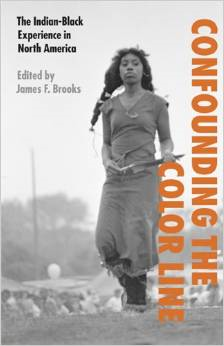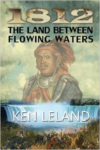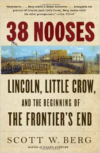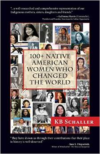Description
Confounding the Color Line is an essential| interdisciplinary introduction to the myriad relationships forged for centuries between Indians and Blacks in North America. Since the days of slavery| the lives and destinies of Indians and Blacks have been entwined-thrown together through circumstance| institutional design| or personal choice. Cultural sharing and intermarriage have resulted in complex identities for some members of Indian and Black communities today. The contributors to this volume examine the origins| history| various manifestations| and long-term consequences of the different connections that have been established between Indians and Blacks. Stimulating examples of a range of relations are offered| including the challenges faced by Cherokee freedmen| the lives of Afro-Indian whalers in New England| and the ways in which Indians and Africans interacted in Spanish colonial New Mexico. Special attention is given to slavery and its continuing legacy| both in the Old South and in Indian Territory. The intricate nature of modern Indian-Black relations is showcased through discussions of the ties between Black athletes and Indian mascots| the complex identities of Indians in southern New England| the problem of Indian identity within the African American community| and the way in which today’s Lumbee Indians have creatively engaged with African American church music. At once informative and provocative| Confounding the Color Line sheds valuable light on a pivotal and not well understood relationship between these communities of color| which together and separately have affected| sometimes profoundly| the course of American history. James F. Brooks is an assistant professor of history at the University of California| Santa Barbara. He is the author of Captives and Cousins: Slavery| Kinship| and Community in the Southwest Borderlands.






Reviews
There are no reviews yet.